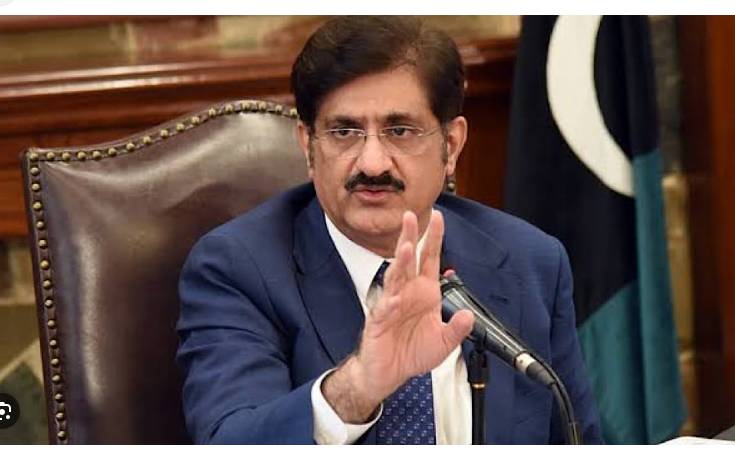MPAs give thumbs-up to Sindh Agricultural Income Tax Bill 2025
Sindh Cabinet warns of price spiral after okay bill earlier: CM Murad says livestock sector to be exempted from income tax: Farmers with Rs150m income exempted form IT: Cabinet okays formation of app to digitalize its proceedings: Approves Rs150m fund for purchase of tablets for ministers

Stay tuned with 24 News HD Android App

The provincial assembly dominated by PPP lawmakers on Monday approved the Sindh Agricultural Income Tax Bill 2025, which will come into effect from January 2025, reported 24NewsHD TV channel.
Earlier, tough times for the Sindh farmers indeed as the provincial cabinet, which met with Chief Minister Syed Murad Ali Shah in the chair on Monday, approved the Agriculture Income Tax Bill, 2025 under which new taxes would be levied on the income of farmers, leading to fears that the prices of wheat, vegetables and rice would go up further.
Giving a clarification, the chief minister said that the bill would not apply to the livestock sector.
Sources told 24News TV channel that the Sindh Revenue Board, and not the Board of Revenue, would collect these taxes.
Similarly, they added, adjustments would be made in the event of any loss caused to crops by a natural disaster, while the farmers concealing their agricultural lands would also be fined.
Sources informed that 20 per cent tax would be levied on small companies, while 28 per cent on big ones.
If the agricultural income would be between Rs150 million and Rs200 million, one per cent tax would be levied; two per cent tax if the income is between Rs200 million and Rs250 million; three per cent tax if the income was between Rs250 million and Rs300 million; four per cent tax if the income was between Rs300 million and Rs350 million; six per cent tax if the income was between Rs350 million and Rs400 million; eight per cent tax if the income was between Rs400 million and Rs500 million and 10 per cent tax if the income exceeded Rs500 million, sources elaborated.
Although the provincial cabinet admitted that new taxes would lead to a raise in the prices of vegetable, rice and wheat, still, it said it was approving them in the country’s interest.
CM Murad said that the Center ought to have taken the Sindh government on board prior to talks with the IMF. He hinted at again taking up the issue with the federal government.
CM Murad told the cabinet that the federal cabinet distributed funds among the provinces from the NFC Award’s divisional pool according to their shares.
Punjab, he informed, had 51.74 per cent share in the pool; Sindh received 24.55 share; Khyber Pakhtunkhwa (KP) 14.62 per cent while Balochistan 9.09 per cent.
He further said that Sindh had received Rs498.067 billion in 2022, while the province received Rs3002.43 billion during the last three financial years (FY), 2021-22, 2022-23 and 2023-24, which were Rs77.16 billion short of the province’s share.
Showing concern that so much money was spent on keeping files, the provincial cabinet also greenlighted the formation of an application for digitalizing its minutes.
Now the cabinet members will be given tablets on which they will remain updated on the cabinet’s agenda and minutes.
The cabinet also okayed the allocation of Rs150 million for purchasing tablets.
